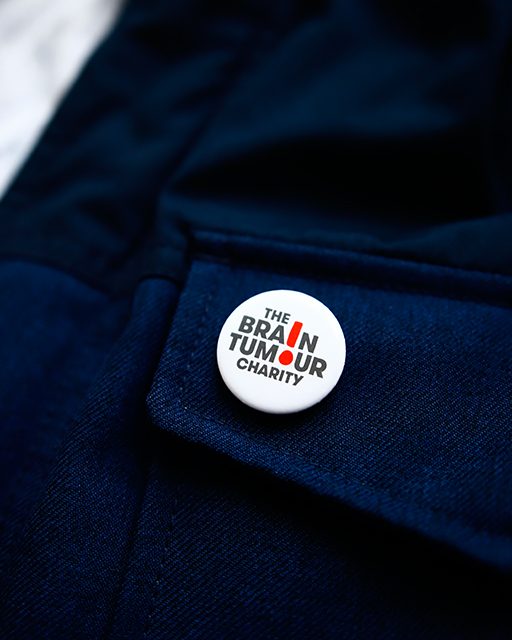Top tips for getting in touch with candidates ahead of the General Election 2024
Follow these tips and help us campaign for a National Brain Tumour Strategy ahead of the General Election 2024.
We know it may feel a little daunting knowing where to start with interacting with the candidates in your area. No matter how much or little you feel you can do, every little helps in terms of getting the National Brain Tumour Strategy on all political parties’ radars. So even if you feel you can only do a little, that’s still incredibly important.
On this page you’ll find a downloadable version of these tips, as well as two letter templates that may help with emailing your candidates.
You may feel like you know who’ll win the election in your area but politics can be unpredictable! Whatever your own political views, it’s worthwhile getting in touch with all the candidates in your area. Those who end up being unsuccessful may remain in local politics and they may stand again at the next election – so it’s still worth speaking to them.
We recommend only contacting candidates who are standing for election in your own constituency. They will be much more likely to engage with you.
Top tips for getting in touch with candidates
1. Find out who your candidates are
One of the first things you should do is to find out who your local candidates are. To do this you can visit the website Who Can I Vote For? and enter your postcode.
Don’t worry if not all the candidates from each party are on this website. Not all the candidates will have been announced yet and some of their contact details are missing.
This website will continue to be updated as we approach the election so keep checking back!
2. Share your story
If you feel comfortable doing so, sharing your story can be an incredibly powerful way of engaging with candidates in elections.
Lots of people may never have met someone affected by a brain tumour and may not realise how much of a devastating impact they can have.
Sharing your experience of diagnosis, care, treatment or research, particularly if it has taken place in the candidate’s potential constituency, can help them understand the barriers the brain tumour community faces and how important it is that we overcome these.
3. Keep it brief
Candidates will receive a lot of correspondence between now and polling day on the 4 July. They won’t have a huge amount of time to read everything they receive in great detail. The snappier and more direct you are, the better.
4. Find out if they’re having public meetings
A good way to meet with your candidates could be to go along to a public meeting they’re already holding. In some areas, there may be local husting events held which you could also go along to.
Husting events bring together candidates from different parties and is a chance for local residents to ask questions directly to the candidates to hear how they would tackle local and national issues differently.
If you’re planning on attending a husting event in your area and aren’t sure what to ask, download our suggested questions to find one relevant to your experiences.
5. Ask to meet them
If you feel more comfortable meeting your candidates face to face, you can ask them to meet you!
You can invite them to an existing group you may have, invite them for coffee or often they have a campaigning centre where you may be able to go and visit them.
It’s also worth considering trying to arrange a meeting with more than one candidate in one go to save yourself time.
6. Keep it local
We’re asking for a National Brain Tumour Strategy that would help across the country.
However, candidates are still standing in an election in your local constituency and will want to focus on local issues. If you’ve faced barriers with your diagnosis, treatment, care or research that happened within your area then it is worth highlighting that.
Even if you’ve had to travel outside of your local area to access services that’s also worth talking about because it shows there are gaps in provision in your area.
7. Keep us updated!
Had a great response from a candidate? Met with multiple candidates in your area? We want to hear about it!
Don’t forget to let us know how your campaigning is going by dropping us an email at policy@thebraintumourcharity.org!
Download these tips in handy PDF format

Campaign with us
Sign up to campaign with us and help us to ensure the issues which affect the brain tumour community remain a political priority.

It’s a No Brainer!
It’s time the Government created a National Brain Tumour Strategy to help improve research, treatment, care, and diagnosis for people affected by a brain tumour.